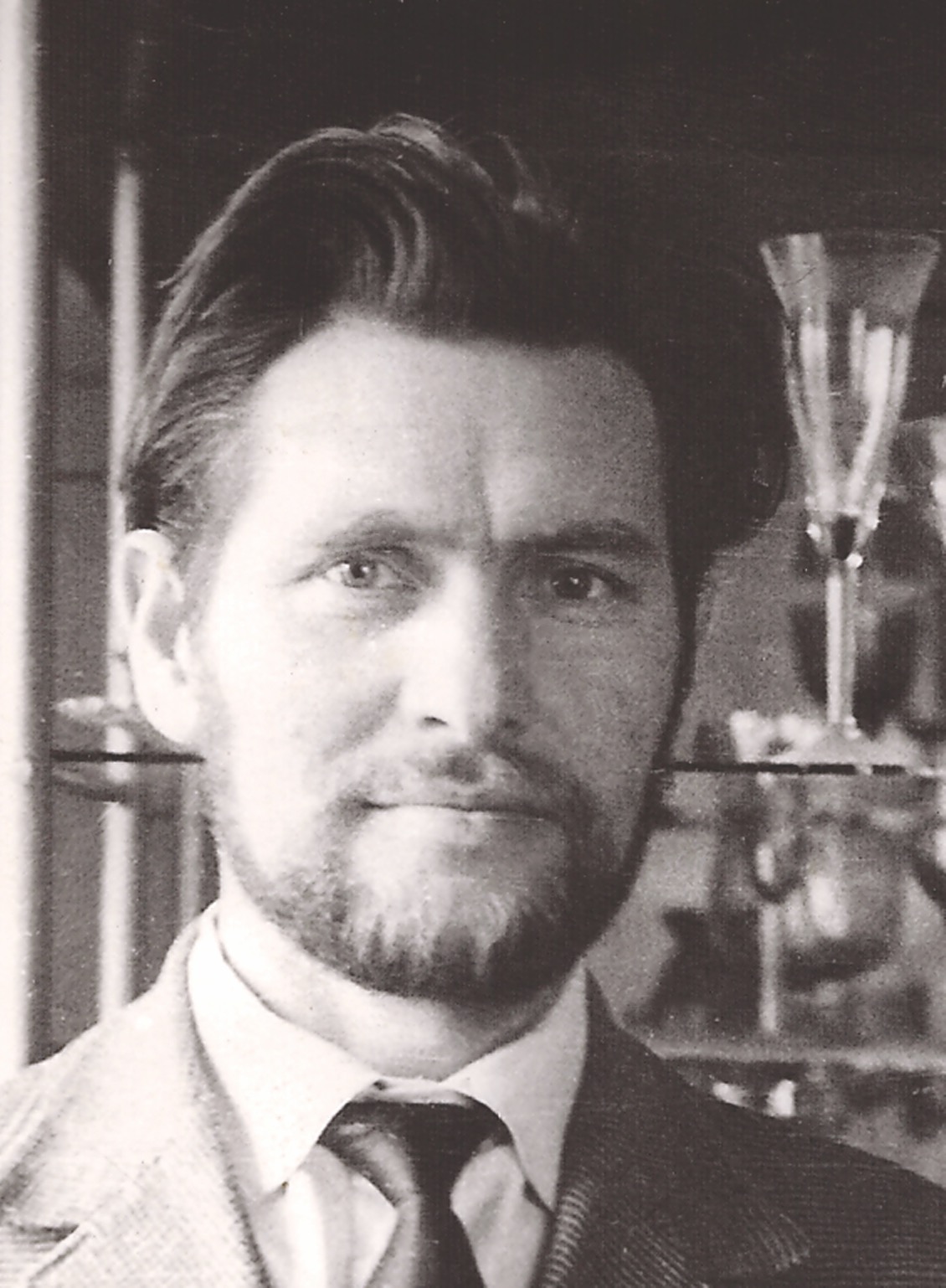
Boris Chetkov
Born October 27, 1926, to a family of successful peasant farmers in the small town of Novaya Lyalya in the Northern Urals, Boris Chetkov enjoyed a sunny early childhood. The ensuing years however were very turbulent, reflecting the dramatic changes brought on by Josef Stalin. Unjustly arrested as a young teen, Boris served a sentence at the infamous Gulag Nizhny Tagil before being assigned to the front lines of WWII as part of a ‘penal’ battalion – from which few survived.
Despite the chaos of his life Chetkov’s inner drive towards creativity was insurmountable. A student of the Leningrad Art College and a graduate of Sverdlovsk Art College with the highly acclaimed artist Vladimir Shmelyov as his mentor, he gravitated to abstraction. At great risk to himself during this very restrictive period in Soviet Russia, Boris unwittingly became a pioneering artist. Never part of any trend or group, his special intellect and fondness for abstract painting cast him as a loner.
Throughout the 1960’s Chetkov carved out a path of his own, laying down several lines of work reflecting his emerging philosophy. Invoking classical, mythological and biblical themes, he channeled his spiritual and emotional energy into myriad subjects including genre scenes, musicians, horses, portraits, still lifes, landscapes and pure abstract expressionism. In 1966, Chetkov graduated from the famous art school named after Mukhina and began his professional career as a senior artist and director at the Malaya Vishera Glass Plant.
The 1970’s saw his expressionism bloom most powerfully and he continued to paint without boundaries. He became a mystic and a hypnotist with color, drawing the viewer into the emotion of his paintings. Chetkov simply painted what he breathed, that which formed the very substance of his being. As the years went by he became extremely prolific and his work flowed out in a powerful, passionate and inspired stream with his own unique unofficial artistic style.
Through the course of his life, given the depth of his expression, Chetkov ultimately could be said to have created his own school which we can call ‘Experimentalism’. Rather than overtly political or conceptual, his school of painting depicts a spiritual and folkloric impression of rural Russia. He repeatedly returned to the places and influences of his childhood. Religion, everyday life and the raw forms and colours of nature are themes extensively explored in Chetkov’s works. They often take the form of gestural compositions in varying degrees of abstraction. His Experimentalist style mixes elements of folk art and primitivism, spirituality and the Russian avant-garde.
Boris Chetkov passed in September, 2010, but not before he was honored with the first one-man exhibit at the Presidential residence - Konstantonovsky Palace. He had come full circle and had never compromised his integrity. It wasn’t in his nature. In spite of the hardship and artistic isolation that life had delivered, he stayed his course with a remarkably positive attitude, as is evident when viewing his compellingly beautiful and fascinating works.